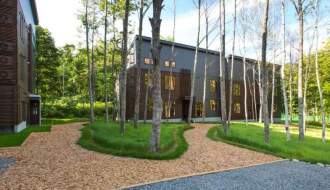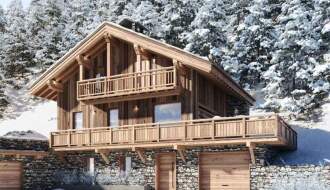Skiing is fun, undoubtedly. But it also has some serious advantages to your health, both mentally and physically. From the vitamin D dose to the boost to your cardiovascular system to the community spirit fostered in ski resorts, there are many therapeutic benefits associated with hitting the slopes.
The Connection Between Nature and Mental Health
Hitting the treadmill is great for your health but no gym has ever been applauded for its scenery (unless you have a particular admiration for well-designed equipment).
Swap floor-to-ceiling grey with the beauty of the Alps, and you might not only be inspired to stay longer but feel a sense of inner calm too. Countless studies have demonstrated the positive impact of getting outdoors for your mental health, and what better place than somewhere as awe-inspiring as the mountains?
Plus, there are few places that can feel as disconnected from everyday life. Sure, you can take a walk in the park when you feel a little cabin feverish, but being half-way up a mountain is going to feel even more mentally alleviating. They are one of the few places where grass isn’t contained by tarmac, where fresh air isn’t tainted by petrol, and sometimes, the internet connection is so non-existent that those emails will really have to wait.
Physical Activity and Mental Wellbeing
We all know that exercise is meant to be good for us. But perhaps what is best about skiing is that its that it’s fun too, so you don’t necessarily feel the dread of pulling out a matt and doing some sit-ups. No, with skiing, you’re gliding down a mountain, with wind-swept hair, surrounded by friends and the promise of a delicious raclette at your favourite restaurant afterwards.
Skiing utilizes multiple muscles at once, and the isometric position that your body needs to be in is effectively a slight squat, held for hours. It also exercises your quadriceps, hamstrings and glutes. Cross-country and downhill skiing will give you the best workout, as you’ll need to engage your core. Plus, your upper body and arms are exerted by needing to hold the poles and propel you forward.
Skiing is also great for your cardiovascular health, especially when you’re on the slopes for hours at a time, as your heart rate will most likely be elevated. Additionally, the cold conditions mean that your body has to work hard to maintain its temperature, which can burn calories. It is even possible to use ski holidays as a weight loss opportunity, if you keep the post-slope hot chocolates to a minimum.
Seasonal Affective Disorder (SAD) and Light Exposure
Seasonal Affective Disorder is a type of depression that is associated with a particular season. Most experience it during the winter months (it’s even referred to as winter depression) due to the decreased hours of sunshine and the colder temperatures. It’s defined by symptoms such as low mood, irritability, and feeling lethargic.
The nature of skiing is that you are outdoors for hours, meaning that you are dosing up on light exposure and vitamin D. This can be really transformative for your mood. For those with SAD, it might seem that the only escape (other than simply waiting out the winter) is to fly across the globe to a country enjoying spring or summer. But skiing is a great way to make winter something to look forward to, rather than to dread. Plus, the structured routine of spending a number of hours outside being physically active and then fully unwinding in a jacuzzi, with a great book, or an aperitif (or all three), can provide you with a sense of stability.
This could be beneficial to you, especially if you struggle to get out of bed during the winter months. If this sounds like you, you may want to look into the number of sunshine hours that the ski resort you are interested in enjoys before you purchase your property. For example, Alpe d’Huez is known as the “Island of the Sun” and enjoys more than 300 days of sunshine per year, April has eleven hours of sunshine a day. The Val di Fassa in the Dolomites and Soldeu in Andorra boast of long sunshine hours too.
Some might even find that skiing is the perfect opportunity to practice mindfulness. The mental concentration it requires, the absorption of the scenery, and the crisp winter air can all contribute to your practice. Skiing is all about being in the moment. Work can wait, so can the laundry, and anything else that lurks on the to-do list.
Community and Social Connections
One excellent aspect of skiing is the social side of it. It’s not an isolated sport but one that the entire family can enjoy, from ski schools dedicated to teaching kids to young members of the family keen to show off on advanced pistes to older relatives that are after a gentle glide and a gossip.
Plus, if you have any family members that are not physically able to ski, plenty of resorts come equipped with swimming pools, spas, super shopping districts and amazing apres-ski scenes too. A friendly competition down the slopes, sharing a drink in your favourite wine bar or feasting over fondue together is going to make connections even stronger.
While there’s an inherent social aspect to skiing anyway, if you purchase a property in say, Courchevel, and visit it every season, then you are going to become more familiar and friendly with others that reside and work there.
Skiing offers an exciting side to winter, where you get to make the most out of the natural sunlight, exercise in such an enjoyable way that you don’t even feel like you’re working too hard, and brilliant opportunities for socialising – all, in the world’s most beautiful natural setting.
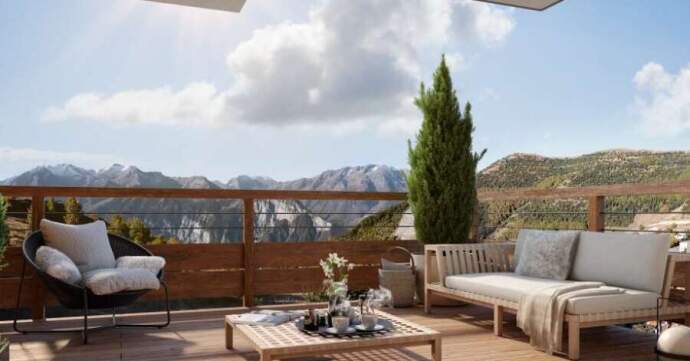
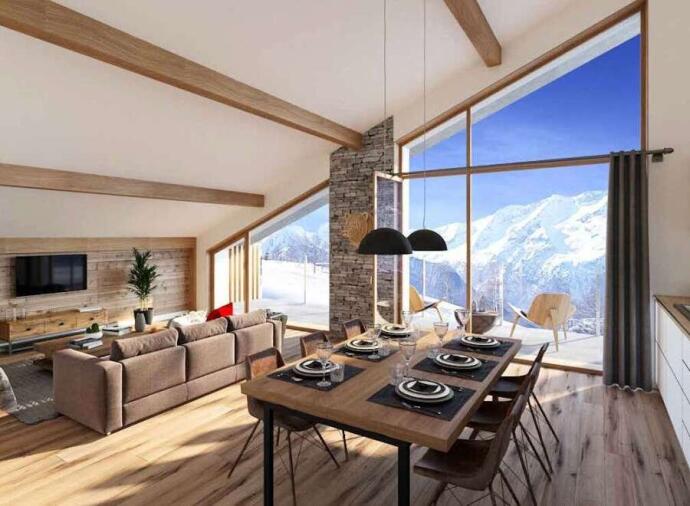

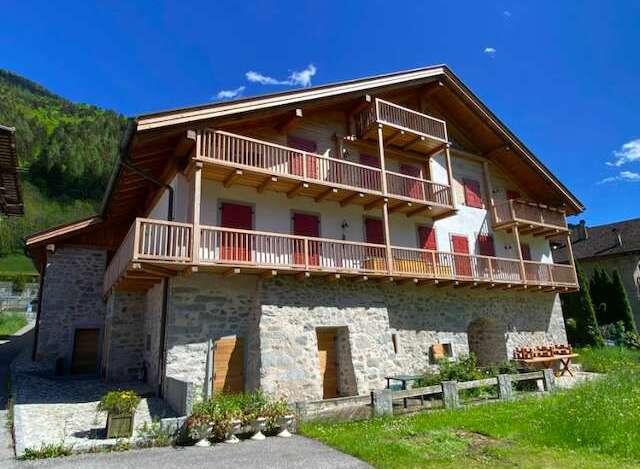
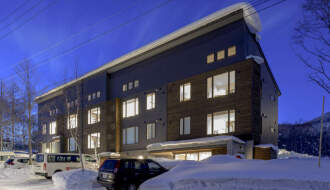
 Apr 22, 2024
Apr 22, 2024
